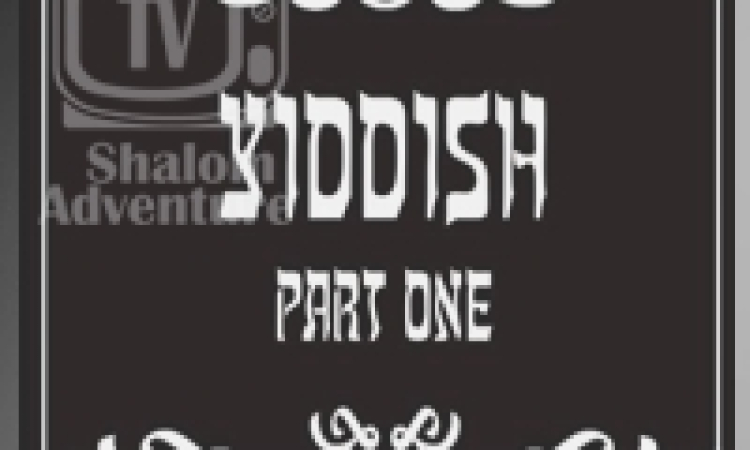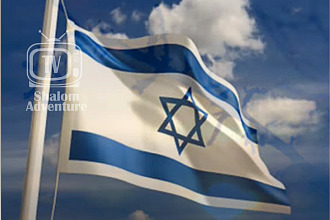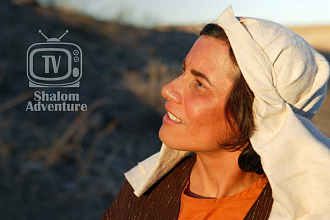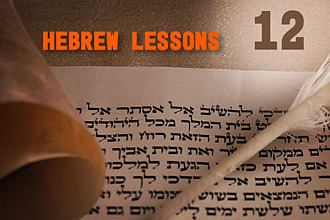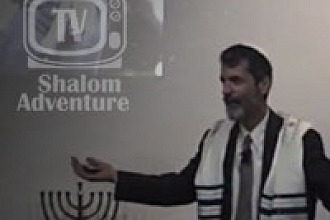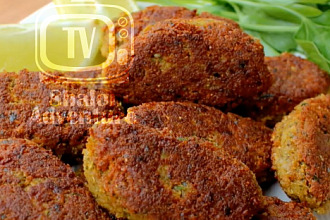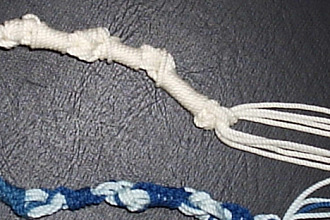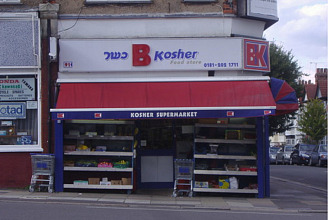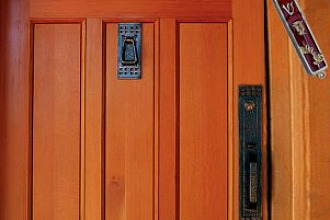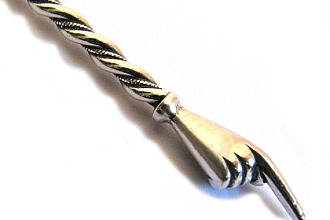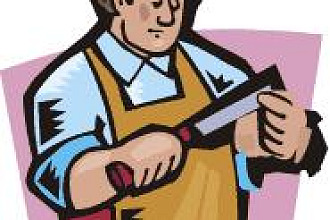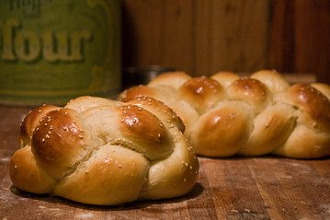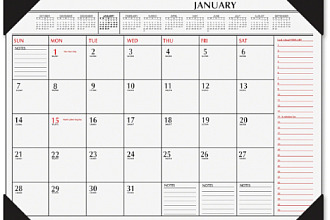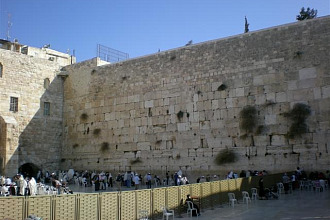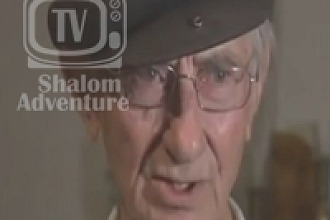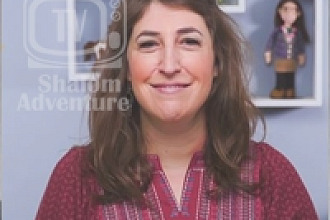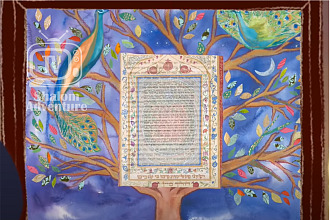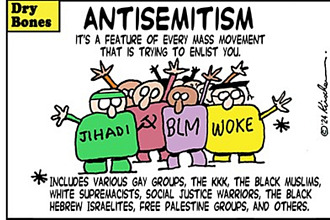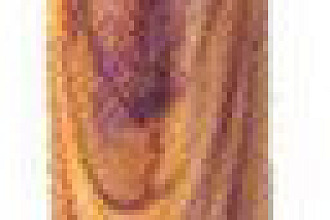The Yiddish language is a western Germanic oral and written dialect used by the Ashkenazi Jews of central and eastern Europe for the past millennium. A kaleidoscopic blend of ancient Hebrew, Aramaic, and various Romance and Slavic tribal tongues, Yiddish is unique in that the language was not spoken by a particular tribe, nation, or group exclusively, but by millions of Jews in the worldwide diaspora.
During times of persecution during the Middle Ages, Yiddish helped unite the Jewish people by giving them a common language that was not known to those outside the Jewish faith, effectively helping isolate the Jewish community from others who could not decipher their language.
Yiddish linguistics were effectively deemed dead after the Holocaust as millions of those who spoke the language perished, effectively rendering the language only spoken in academic settings or amidst some ultra-orthodox communities today. Russian leader Josef Stalin had outlawed the use of the Yiddish language not only during, but in the years after the Holocaust.
Today, it is believed that nearly three quarters of the world’s living Yiddish speakers reside in New York City.
In the past few years, several Yiddish words were officially accepted and incorporated into Merriam-Webster’s Official Scrabble Players’ Dictionary as acceptable words to be played in the common Hasbro Inc. American word game, Scrabble. According to the updated rules, you can now play shadchan (matchmaker), mitzvah (commandment), tallit (prayer shawl), and aliyah (Jews immigrating to Israel) as acceptable Yiddish words when playing Scrabble.
Furthermore, the official rules now permit almost any word beginning with “sh” (e.g. shmuck) to alternatively be placed on the board with or without a “c” in between the “s” and “h” and still count as a valid Scrabble moves either way, though you would obviously score more points adding the “c” if possible. Several Hebrew words are also acceptable in Scrabble, and every letter in the Jewish alphabet spelled out is permitted as a playable move.
Interestingly however, the word “Jew” itself cannot be played on a Scrabble board per Merriam Webster’s Official Scrabble Players’ Dictionary. Proper nouns were not originally permitted per official game rules though this regulation may be loosening somewhat in recent years, and the word is not permitted in a lowercase form at the request of some players worldwide because of ongoing issues with anti-semitism in the world today.
Written by Erin Parfet

